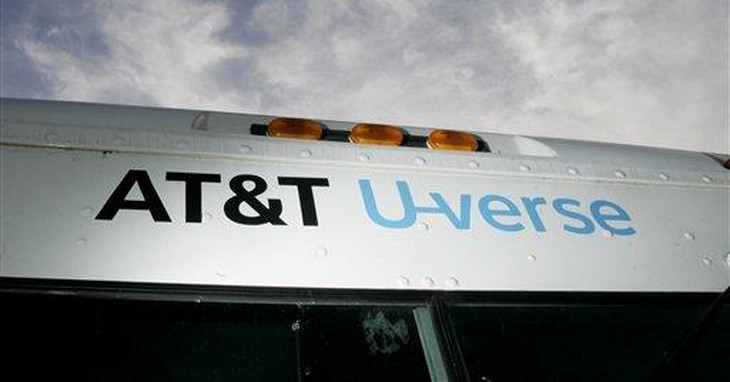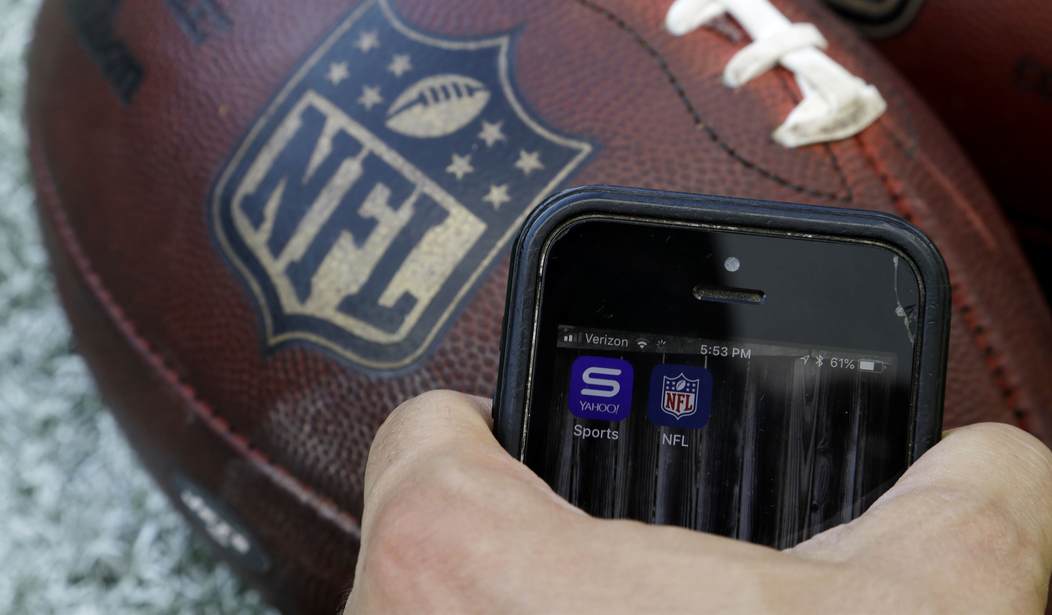The inability of Sunday Ticket to deliver a sub-par product is made worse by no recourse for the customers.
It was a rather amazing dose of ineptitude on Sunday during the height of the NFL schedule that its primary rights holder was incapable of delivering the very product it was designed for in the first place. Direct TV, the service provider that supplies the Sunday Ticket package that delivers access to all of the NFL games broadcast each day (more on that in a moment) suffered a lengthy outage in the course of the early scheduled games, those which began at 1 pm EST.
This interruption obviously roiled the fanbase that has purchased the package. It became the second consecutive week that Sunday Ticket went down during the NFL broadcasts, a galling performance considering that the league is in the midst of only its second week of games. Making this all the more bewildering is that Direct TV is not new at this. The company has long held the exclusive rights to this service, beginning in full in 1995 and extending its contract in 2014 to run through this season.
The apparent problem stems from streaming. With more people “cutting the cord” to cable/satellite subscriptions and moving to online viewing packages. Direct began to offer the option of subscribing to the Sunday Ticket without the need of its satellite service back in 2015. The company appears to be ill-equipped to handle the customer load this presents, however, despite the fact that Direct TV is under the ownership of AT&T, which should have the ability to handle the traffic needs. (The parent company had only agreed to buy the satellite provider contingent on the company striking the contract extension.)

Adding to the mistreatment of fans who have ponied up for the service is the fact that once there is the commitment to subscribe, they are locked into a contract they cannot break. So whether they pay for the full-service upfront, or opt for the monthly payment, customers cannot cancel their plans after the first week of the season has commenced. This, despite the fact that for a long duration, they were not receiving the very product for which they were paying. If the company is not delivering the very product desired, you have no means of taking action from the lack of service.
This calls into question the very value this Sunday Ticket provides. Not only is the delivery in question, but you also do not have access to every game, as many expect. While the company does explain up front that the subscript only entails out-of-market games, what becomes apparent to many after the fact is that the blackouts are not only restricted to the local teams; any games shown on the local affiliates — CBS and Fox — are also not available, per the league agreement. That means this week, for instance, more than one-quarter of the scheduled games could not be seen on Sunday Ticket.
It is apparent the company is beset with outrage. Throughout Monday, the site was down, surely due to customer activity following the drop in service. Those who have already paid for the package are basically stuck, as Direct TV does not allow for cancellations and refunds. The best course is to contact them and demand the company provide some credit to your account due to the outages. Those with month-to-month plans can possibly halt payments through their bank, then deal with a contract termination penalty.
For those who may have been interested in getting the package for the balance of the season, it seems a wiser move is to turn away, considering this is a company that is supposed to give customers a promised service for only 18 days a year, and so far is proving incapable of doing so in an effective manner. For a more reliable and cost-effective option, the new NFL+ service appears the better choice. This offers two monthly plans — one for $4.99, or $9.99 — and you can stream on most devices, and even use the AirPlay option to shoot the signal to your television.
Next season, the NFL will be looking at a new provider for the Sunday Ticket package. Currently, the bidding is between three possible companies; Amazon, Apple, and YouTube. The encouraging aspect is all three appear to be much better suited for the streaming needs.














Join the conversation as a VIP Member